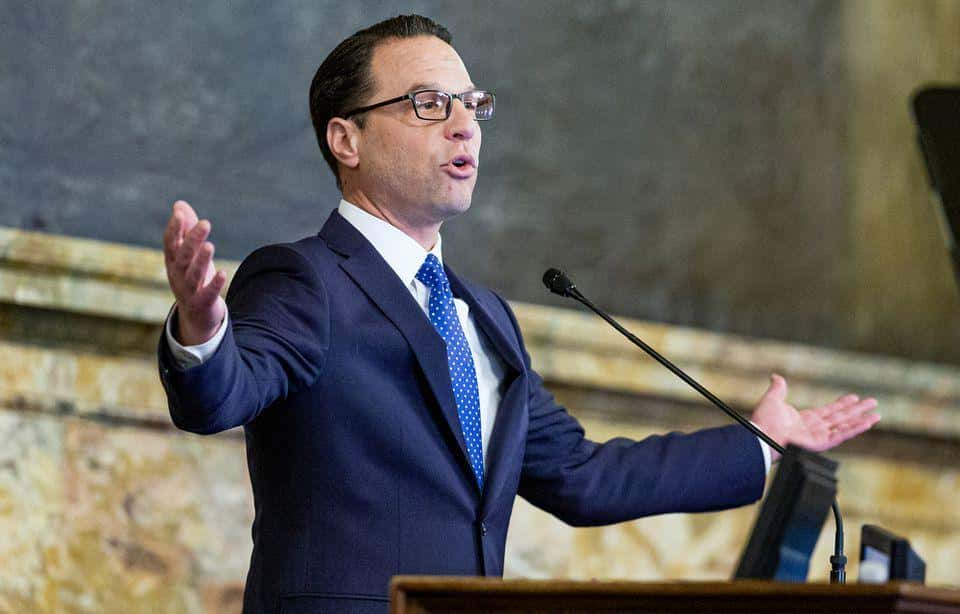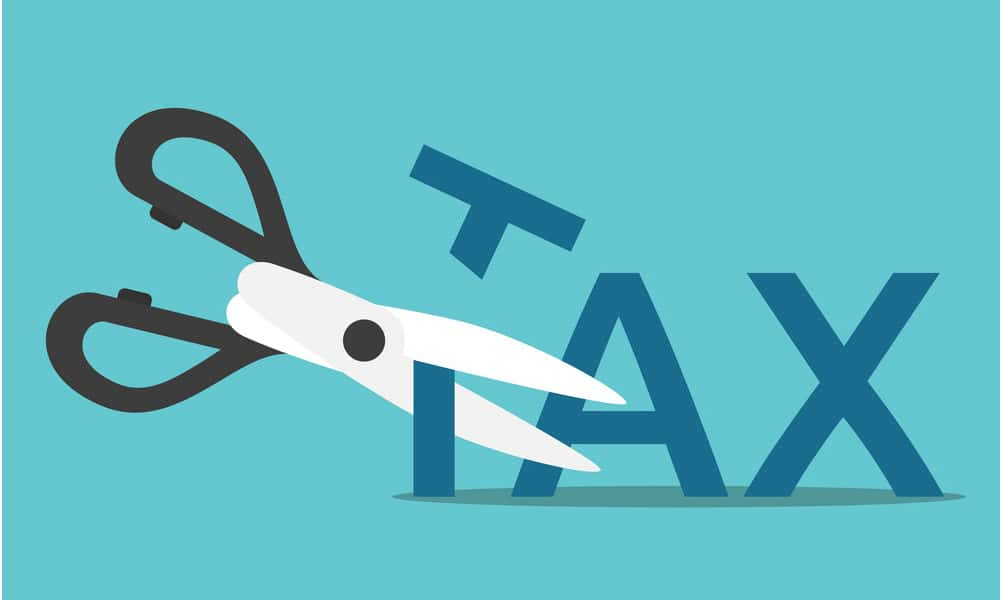HARRISBURG (TNS) – Gov. Josh Shapiro and a split state Legislature are gearing up for a month of high-intensity legislation aimed at common goals such as increased property tax and rent relief, faster reductions in corporate net income taxes, and a new financing source for state police.

Governor Shapiro Will Be Negotiating Budget Accords For The First Time In June
June is a critical month in the Capitol, with lawmakers hoping to have a state budget approved and signed by the governor before the start of the new fiscal year on July 1. The House has scheduled 14 voting session days in June, which is the same as the total number of days held in the preceding five months combined. Mr. Shapiro, a Democrat, will be negotiating budget accords for the first time as governor. And, for the first time since 2010, the two chambers of the legislature are divided, with Democrats controlling the House and Republicans controlling the Senate.
Since his March 7 budget statement, Mr. Shapiro has talked frequently about his priorities. Mr. Shapiro is aware of the stakes in June because he served as a state legislator from Montgomery County for six years.
“He gets the process,” said state Rep. Seth Grove, R-York, the ranking Republican on the House Appropriations Committee. Another Republican, state Sen. Greg Rothman, R-Cumberland, said Mr. Shapiro’s speeches and his appointment of several Republicans to his cabinet make him “optimistic that he wants to work with Republicans in the Senate.”
READ ALSO: Eligible Borrowers Must Meet Criteria To Qualify For Student Loan Forgiveness
Governor Wants To Bring People Together To Get Things Done
Senator Jay Costa, D-Allegheny, and the Senate’s senior Democrat said Mr. Shapiro’s early sense of collaboration hasn’t faded.
“It is part of the whole consensus-building process,” Mr. Costa explained. “You have a splintered government.”
In answer to written queries, Mr. Shapiro’s spokesperson, Manuel Bonder, stated that the governor wants to bring people together to get things done.
“We have been pleased to have members from both sides of the aisle join the Governor in promoting budget priorities,” Mr. Bonder said, adding that “we look forward to continuing the collaborative working relationship Pennsylvanians are expecting from us in the coming weeks.”
There is strong bipartisan support among lawmakers for expanding property tax and rent relief, accelerating previously approved corporate income tax cuts, and repealing a long-debated system that draws funding for state police operations from the Motor License Fund. Other Shapiro budget targets include raising the state minimum wage and providing tax breaks to aspiring teachers, nurses, and police officers.
Some bills have already been advanced. The House Finance Committee passed a bill proposed by Rep. Steve Samuelson, D-Northampton, to extend the state-run property tax/rent rebate program with bipartisan support.
Currently, it provides a maximum standard rebate of $650 to seniors and disabled persons, with yearly income limits of $35,000 for homeowners and $15,000 for renters. The law raises the maximum rebate to $1,000 and raises the income restrictions to $45,000 for both. However, the math for distributing rebates in the future year is unknown.
Mr. Grove questioned the Shapiro administration’s claim of $864 million available for property tax relief last month. According to Mr. Grove, the sum could have been hundreds of millions of dollars higher. An amendment to Mr. Samuelson’s measure requiring more certification received bipartisan support.
The Senate Finance Committee adopted legislation to expedite previously authorized cuts to the state’s corporate net income tax. The present rate is 8.99%, and if the measure passes, it will reduce to 7.99% immediately, then by one percentage point every January 1 until it reaches 4.99%.
Mr. Rothman, a staunch backer of the reform, stated that Mr. Shapiro recognizes that tax rates play a significant role in where firms choose to locate. Other states have decreased their tax rates for the same reason, Mr. Rothman said, even since Mr. Shapiro assumed office.
“People aren’t coming here because of our insanely high tax rates and way too much regulation,” Mr. Rothman explained.
The use of the state Motor License Fund as a source of revenue for state police activities, a dynamic that has worried lawmakers for years, is addressed in a bill adopted by the House Transportation Committee on May 22. The bipartisan plan would establish the “Public Safety and Protection Fund,” as proposed by Mr. Shapiro in his budget address, and progressively phase out the use of the Motor License Fund.
“Every dollar spent from the Motor License Fund is one dollar less spent on roads and bridges,” said committee Chairman Ed Neilson, D-Philadelphia, in an interview.
Multiple measures presently being considered in Harrisburg would raise the state’s minimum wage, which is currently set at $7.25 per hour — another priority for Mr. Shapiro. Sen. Christine Tartaglione, who has sponsored similar legislation in prior sessions, intends to introduce another soon.
“I expect it to be part of the budget negotiations,” said Tartaglione, a Democrat from Philadelphia. “The governor is emphatic that he wants this raised.”
Sen. Dan Laughlin, R-Erie, joined Mr. Shapiro at an event in early May to advocate for a rise in the minimum wage. Mr. Laughlin submitted legislation to implement the increase a few days ago. Mr. Laughlin believes Mr. Shapiro is viewed as a better negotiator than his Democratic counterpart, Gov. Tom Wolf.
“I think there will be a little bit of horse-trading,” Mr. Laughlin predicted. “I am optimistic that we can work out a reasonable budget and complete the project on time.”
READ ALSO: 750,000 Americans Could Lose Food Stamp Benefits Due To Debt Deal




